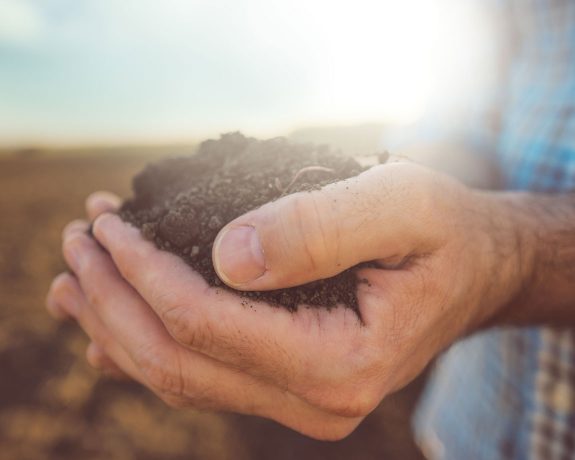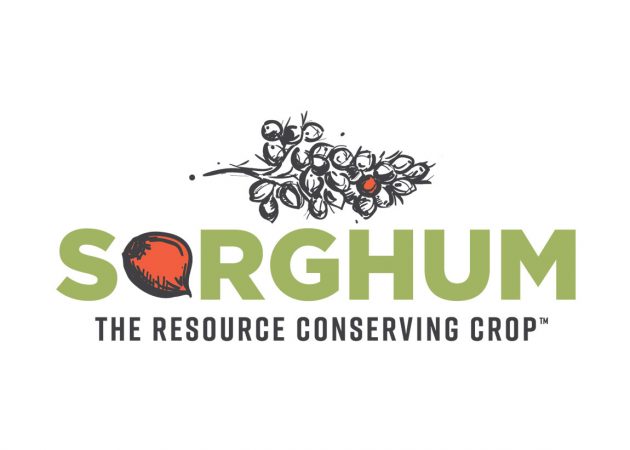
Sorghum Sustains™
Sorghum offers numerous sustainable attributes, and sorghum farmers are on the front lines of mitigating and responding to drought. Through adaptation and innovation, they continue to steward their land responsibly—keeping it productive today and for future generations.
Sorghum is The Resource Conserving Crop™—a proven, sustainable solution. With the resources needed to innovate and the incentives to bring those innovations to market, sorghum producers can achieve even greater environmental and economic outcomes.
By promoting sorghum as an ideal crop for sustainable solutions, we support farmers as they build resilient systems, adapt to changing conditions, and continue innovating to protect the land they manage.
View the latest sorghum input survey and calculator to explore sustainability practices and analyze production inputs that drive efficiency and resilience across the sorghum industry.


